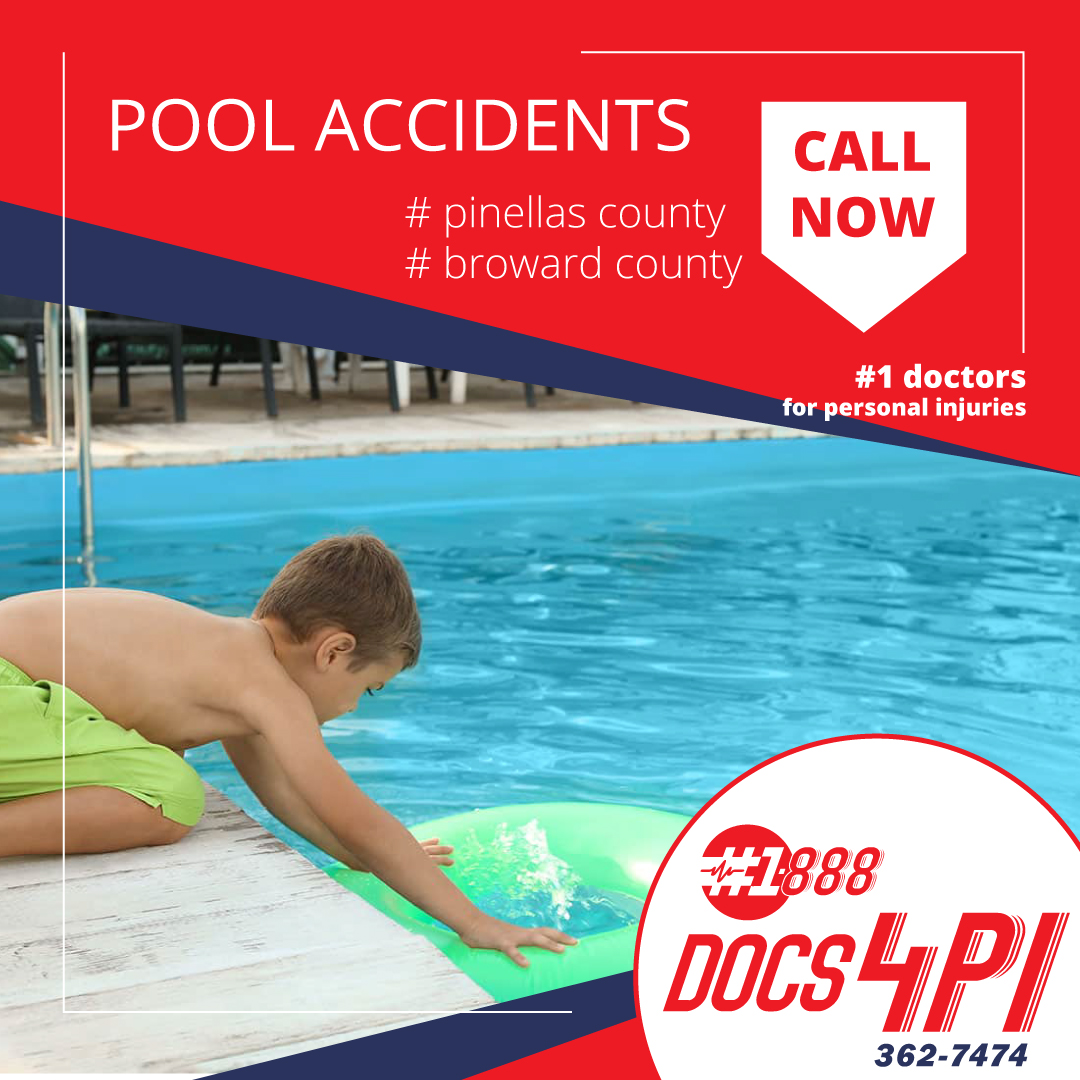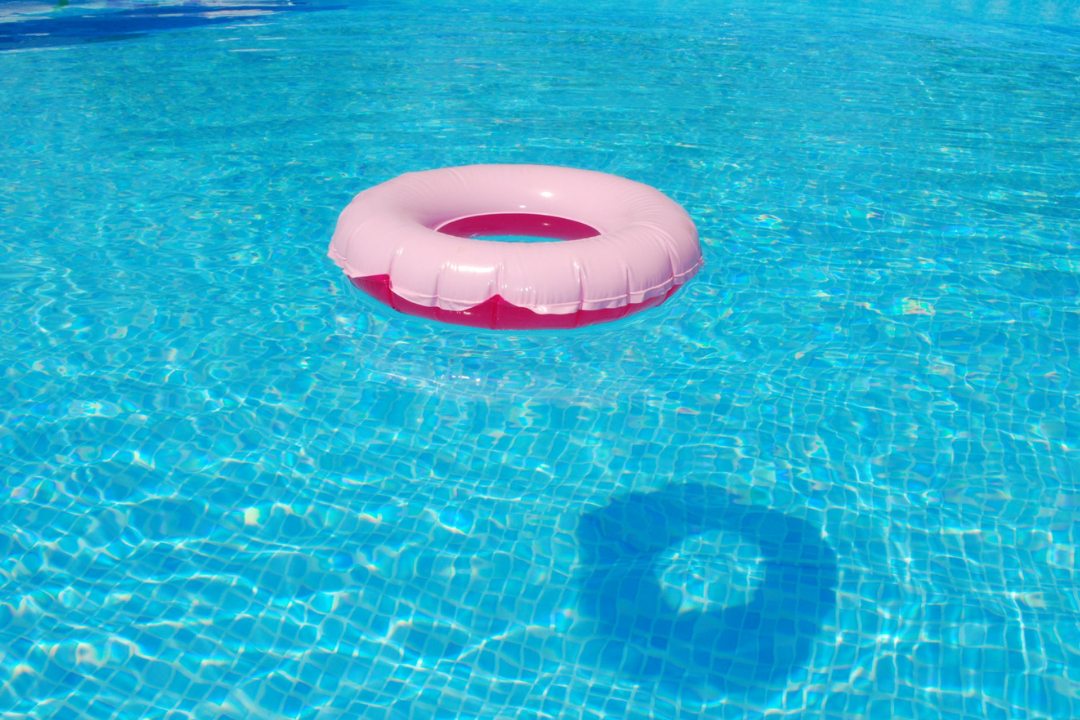
The warm weather makes swimming pools an ideal place for summer activities. Children and adults alike spend hours of time in them throughout the season. There is a risk of danger wherever there is fun-and swimming is no exception. Drowning is the leading cause of unintentional death worldwide, with 372,000 drowning deaths reported annually, according to the World Health Organization. Here in the United States, the Centers for Disease Control report that an average of 3,536 people drowned every year from 2005 to 2014, equaling 10 deaths per day. Additionally, thousands of others are injured each year in or near swimming pools. The US Consumer Product Safety Commission reports that in 2011, 2012, and 2013, an average of 4,900 people received emergency medical treatment for injuries incurred in swimming pools or spas.
The effects of near-drowning can be life-threatening, especially for children. A person experiencing oxygen deprivation can suffer from a variety of injuries, even after being rescued. These injuries include pneumonia, acute respiratory distress syndrome, post-immersion syndrome, permanent brain damage, coma, and hypothermia. The first 24 hours following a near-drowning accident are crucial for survival, but the damage done can be permanent. As Summer soon approaches this year, you should know the potential risks of pool accidents and what to do if you or a loved one is injured in one. In this article, we discuss these topics in addition to pool accident liability that will help you when filing an injury claim.

Accidents in swimming pools can happen in a flash and most people are unaware of them until it is too late. Some of the most common causes of swimming pool accidents are slippery surfaces, electrocution, swimming pool dismemberment, and drowning. Furthermore, swimming pool injuries can occur anywhere. Unfortunately, there is a high likelihood that children under the care of their parents will drown at home. Here are the top causes of swimming pool injuries, along with tips to keep your children safe this summer.
There are still many adults and children in Florida who do not know how to swim. You shouldn't be embarrassed about taking formal swimming lessons through your school, local recreation center, or local pool if you are over a certain age. In addition to reducing your drowning risk if you learn proper swimming skills, it will also make you feel safer when you are in swimming pool areas. Invest in swimming lessons for you and your family. It is also a good idea to take courses in CPR certification if you are not already certified so that you can help your loved ones if they lose consciousness after ingesting too much water.
When you have been injured in a pool accident, the steps you take in the following hours, days, and weeks matter. If you or a loved one is involved in a swimming pool accident, here are few things you need to do immediately after.
Any person involved in a swimming pool accident needs to seek immediate medical attention. Children and victims who have been submerged in water for a long period of time are particularly vulnerable. You can decrease the risk of severe, potentially life-threatening complications by getting to a hospital right away.
It's important to report and document the accident, even if you don't want to call the police on your friends, family, or neighbors. A police officer can conduct a preliminary investigation at the scene and submit a report. A report like this can help safeguard the details of the accident. There is a possibility that you can't recall the weather or the time of day when the accident took place. A police report will usually include this information.
Take pictures of the swimming pool and its surroundings. Be sure to focus on the area where the injury happened. Check for puddles of water, loose cables, missing fences, and swimming toys and flotation devices. Take as many photos as you can. The photos can be reviewed at a later time by your attorney to determine if any evidence of negligence was caught on camera.
A property owner may be held liable if a person is injured in a swimming pool accident on their premises. Besides the above causes, many swimming pool accidents are caused by negligence. You can hold the property owner liable for your injuries. In order to hold the owner liable, you must show that the owner breached his duty of care, resulting in your injuries. The owner of a property is responsible for maintaining the premises in a reasonably safe condition and notifying others of any danger they are aware of or should be aware of. When a property owner fails to uphold that duty and causes injuries, he or she can be held accountable for the damage caused. A hotel can be held liable if it failed to warn guests of the lack of lifeguards at the hotel pool, for example, if a hotel guest is injured at the pool because there weren't any lifeguards on duty.
When a residential property owner violates the Residential Swimming Pool Safety Act, he or she may be negligent. Pools, hot tubs, and spas on residential property must have at least one safety feature, such as a pool barrier or cover, to protect elderly adults and children. Property owners who violate the law may be held liable under the theory of negligence. In other words, you need to prove only that the property owner's negligence caused your injury. There is no need to prove that the property owner breached their duty.
According to the attractive nuisance doctrine, pool owners are responsible for keeping pools safe from young children who don't understand the danger of drowning. Among these responsibilities is preventing access to the pool, for example by putting up a fence, when young children might otherwise be able to go into the pool area. Some states, however, do not follow the attractive nuisance doctrine.
Pool patrons, whether invited or licensed, face certain obvious risks, such as slippery surfaces and diving from unsafe places. This makes pool owners legally liable. A person who fails to warn guests and licensees that a pool is too shallow for diving, or if there are hidden obstructions in the pool, could be found liable.
In addition, owners of pools open to invited guests, such as hotel guests or club members, can be liable if emergency safety equipment, such as life preservers, is not provided. There should be no lapse in maintenance of equipment such as ladders, diving boards and drains without adequate warning. Also, the owner of large pools that are open to the public, especially those owned by local governments, may be held liable for failing to provide sufficient supervision. You should bear in mind that government agencies with responsibility for a public pool may be shielded from lawsuits by the doctrine of governmental immunity.
When a plaintiff's lawsuit alleges injury caused by the defendant's negligent or intentional behavior while using a pool, premises liability rules will not apply. A plaintiff could sue a defendant if the defendant holds their head under water. Plaintiffs may sue the defendant for negligence if the defendant jumps in without looking and lands on them. As well as standard intentional tort and negligence rules, contributory and comparative negligence rules and defenses like assumption of risk apply in this situation.
If you or a loved one have been injured in a pool accident, contacts 1-888-DOCS4PI personal injury services as soon as possible. We can match you with the best medical care and refer you to expert legal representation if you need. Let us help you get on the road to recovery today!
If you feel you were injured in an auto accident or another accident, #1-888-DOCS4PI can put you in touch with people who can provide sound help. Our service to find qualified assistance you need is a quick three-step process.
2
Upon calling #1-888-DOCS4PI, our intake coordinator will ask you a series of basic questions about your issue and the injuries you suffered as a result. This information will help us match you up with someone who has the background that fits your situation.
3
Once we have your contact information and understand what you require, we will connect you with someone who can help you with your accident or injury. It is that easy. Simplify the process by calling #1-888-DOCS4PI and using our free 24/7 helpline.